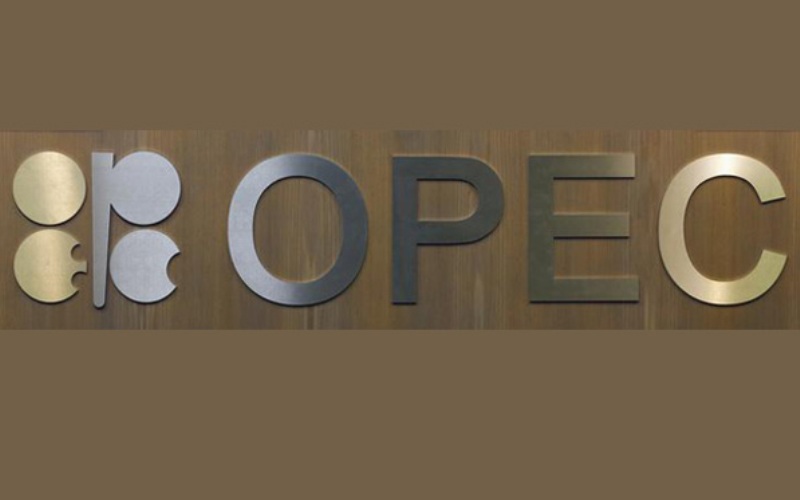RIYADH: The Saudi energy minister said Wednesday he is leaning towards extending oil production cuts in the second half of 2019, despite US President Donald Trump‘s demand to keep prices down.
OPEC cartel countries and other major oil producers in January began implementing a six-month deal to cut output by 1.2 million barrels per day to shore up sagging prices.
The deal has pushed prices higher but so far failed to boost them to their multi-year peak of $85 a barrel reached in October, triggering speculation of an extension of the deal to cut production.
[also_read url=”https://www.siasat.com/news/opec-allies-agree-reduce-crude-production-1-2-mn-bpd-1442905/”]OPEC, allies agree to reduce crude production by 1.2 mn bpd[/also_read]
“We remain flexible. I am leaning towards the likelihood of an extension in the second half” of this year for the output cuts, Khalid al-Falih, energy minister of the world’s top crude exporter Saudi Arabia, told CNBC television in Riyadh.
His comments come just two days after Trump criticised the producer group for rising crude prices.
“Oil prices getting too high. OPEC, please relax and take it easy,” Trump tweeted on Monday.
“World cannot take a price hike — fragile!”
But Falih said it was hard to foresee the situation in June when the agreement between major oil producers, including Russia, expires.
“It is difficult for me to predict where we will be in June when the current interim agreement runs out,” he said.
“All of the outlooks that I have seen we’ll need to moderate production in the second half of this year, but you never know.”
OPEC production fell to a four-year low in January as the cartel, and its unofficial leader Saudi Arabia, applied the new pact to shore up prices, the International Energy Agency said this month.
Trump has frequently called for OPEC to keep production high to limit rising oil prices that stem economic growth.
Oil prices crashed in mid-2014 to below $30 a barrel, down from over $100 a barrel, due to a glut in supplies and weakening global demand.
[source_without_link]Agence France-Presse[/source_without_link]

